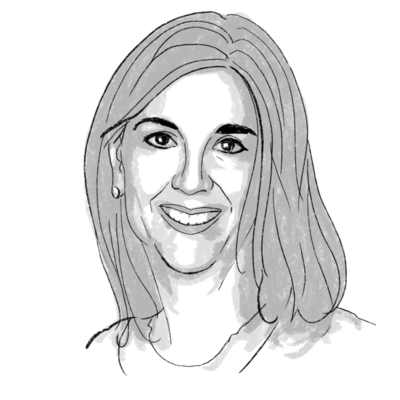Wednesday’s events went too far for many mainstream Republicans. But whether the party can reinvent itself in the post-Trump era remains to be seen.
Monitor Daily Podcast
- Follow us:
- Apple Podcasts
- Spotify
- RSS Feed
- Download
 April Austin
April Austin
It was an unusual act: incarcerated men pooling their prison earnings to pay tuition for a young man to attend a private high school. But when you probe deeper, it’s clear that a larger purpose was at work.
In 2016, Sy Green’s parents couldn’t pay for his sophomore year at Palma School, a Roman Catholic boys school in Salinas, California. After medical challenges and job losses, even with the school’s help the tuition was out of reach. Enter a group of inmates at a state correctional facility in Soledad, who wanted to sponsor a student in appreciation for the school’s ongoing prison outreach. They asked teacher Jim Micheletti if he could recommend someone who needed their help.
“I was incredulous,” Mr. Micheletti says by phone.
One of the incarcerated men, Jason Bryant, who helped collect donations from others in his unit, says the men who contributed were eager to add value to someone’s life. “The damage to our victims can’t be undone, and we can make the choice to sow new things into the world. Now we have the opportunity to sow goodness, to sow charity, to sow love,” he says.
Today, Mr. Bryant and four others are out of prison. Four of them work at a nonprofit that supports individuals inside and outside prison. And they are working on providing another scholarship.
Mr. Green, the student, graduated from Palma last spring. He started his first year of college, where he’s majoring in communication and playing basketball. He remains in close touch with Mr. Bryant.
He says that with so much invested in him in high school, whenever he was tempted to do less than his best, he knew he had to deliver 100%. “It was extra motivation,” he says.










